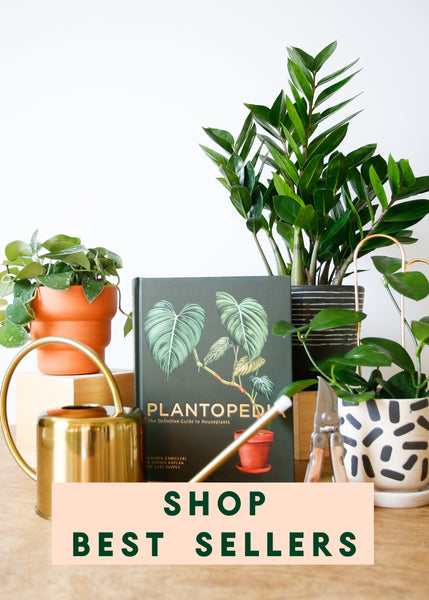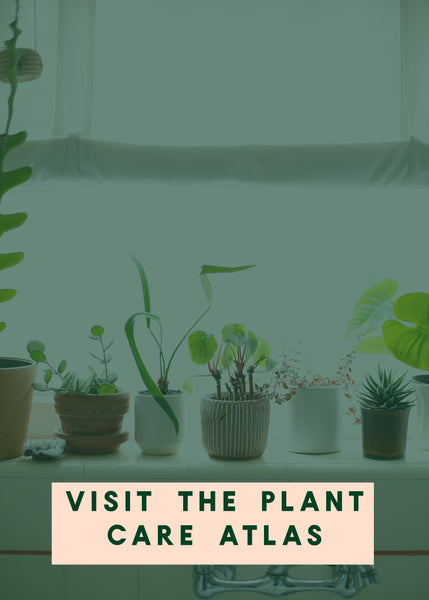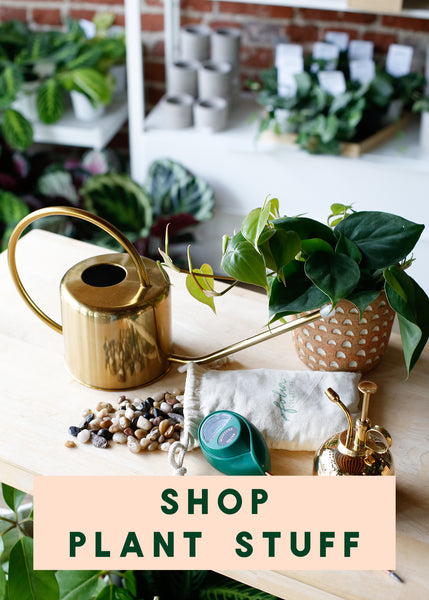Plant Know-How: Microsorum musifolium


HOW TO CARE FOR MICROSORUM MUSIFOLIUM (aka 'Crocodile Fern'):
Light Requirements for Microsorum musifolium: Microsorum musifolium will thrive in your home if placed in medium to bright indirect light. It will even tolerate a lower light area. Be sure to protect fronds from any direct light. As the plant naturally grows below a dense forest canopy it is not able to withstand any direct light and will burn.
Watering Tips for Microsorum musifolium: Like most ferns Microsorum musifolium should never be allowed to dry completely. Water your plant when the top 1-2" have become dry. Be sure to check your soil as the amount of light your Microsorum musifolium will determine how quickly your plant can utilize the water in the soil. If your plant is sitting in a saucer be sure to dump out any standing water after a thorough watering. While Microsorum musifolium doesn't want to go dry it also does not want to be sitting in standing water as this will lead to root rot. Provide added humidity for your plant with a humidifier.
The Best Soil for Microsorum musifolium: As with many ferns, Microsorum musifolium will grow best in a potting mix that retains some moisture, while still draining well. Our Thirsty Tropicals Potting Mix is a great choice!
Is Microsorum musifolium Pet Safe? Microsorum musifolium are non-toxic to cats & dogs, but as always, monitor your pets if they've ingested plants- just in case. If you're looking for more pet-safe plants, be sure to check out the Pet Safe category of the Plant Care Compendium!
Did you know? Ferns are some of the oldest plants on Earth and existed before plants evolved to reproduce through flowering. Because of this ferns have an ancient way of reproducing, which is through spores that develop on the underside of their fronds!




